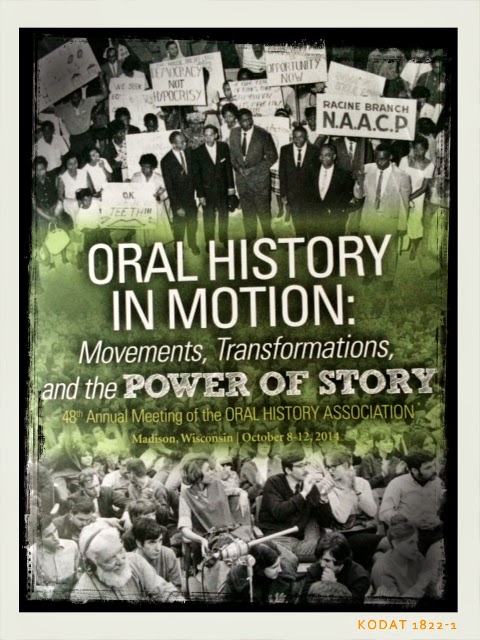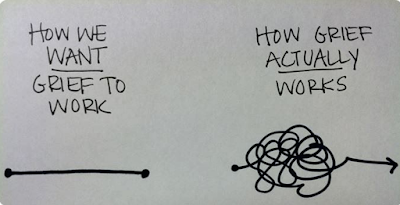Art of Memory: Spill, Simmer, Falter, Wither
Do I recommend it? I do. I think. Maybe. I'm not sure.
I am writing this blog post less to tell you about this book because I am not ready to talk about it than because I want to try to hold onto some of the language without having to actually pick up and revisit the book. The language astounds me. It is not derivative. At least I don't think so. If it is derivative, it is of Joyce with maybe a tiny bit of Patrick McCabe. It is less, I don't know, inexorable, than either of those authors. And yet the story told here is much more haunting than theirs'. Dermot Healy haunting.
Sara Baume is so cool and smart and young and did I mention smart? Ultimately, I guess this book is about the limits life sets for us and how to live as well as we can within those limits. It is about getting on with it and the things we never can get out from under. It is about the magnificence of the world at our fingertips and the way everything has of becoming dust. How fragile life as we know it is --- how easily it can disintegrate. It is decidedly not transcendent and anti-redemptive and it is transcendent and redemptive. Go figure.
Stories (pp21-22)
Everything is filled with stories, an old woman neighbor told me once, the same old woman neighbor, as it happens, who taught me to sew. This is when I was extremely little, too little to understand that most things don't mean exactly what they seem, that meaning is a flighty thing. Because of what she said, I split the seam down the back of my favourite teddy, Mr. Buddy, with a serrated kitchen knife. I was searching for stories, commanding words to tumble out and configure the horizontal lines like the ones inside my story books. Instead I found Mr. Buddy was all stuffed with minute clouds. I shoved the clouds in again and punched him down the back of the washing machine so that my father wouldn't see what I had done. And even though he never did, for years and years I could hear Mr. Buddy's button nose clacking against the wall whenever the washing machine went into a spin. The machine doesn't work any more, but it still sits in the same place and I suppose Mr. Buddy is back there still.
Age (4)
Fifty-seven. Too old too start over and too young to give up.
Sadness (47)
Sometimes I see the sadness in you, the same sadness that's in me. It's in the way you sigh and stare and hang your head. It's in the way you never wholly let your guard down and take the world I've given you for granted. My sadness isn't a way I feel but a thing trapped inside the walls of my flesh, like a smog. It takes the sheen off everything. It rolls the world in soot. It saps the power from my limbs and presses my back into a stoop.
Home (12)
Sometimes I think if I took the handbrake off, anywhere in the world, the car would roll itself back here, to the footpath outside the terrace beside the bay, grudgingly yet irresitably. But I've never been anywhere in the world. I wouldn't know how to get there in the first place.
- There was one other passage I really liked, as well. It was about mundanity, about how people fill their lives with litle tasks, with maintenance. About how that is the secret to survival. I can't find it.
This is a book I want to forget and also a book I want to start over immediately. Go figure.










Comments
Post a Comment